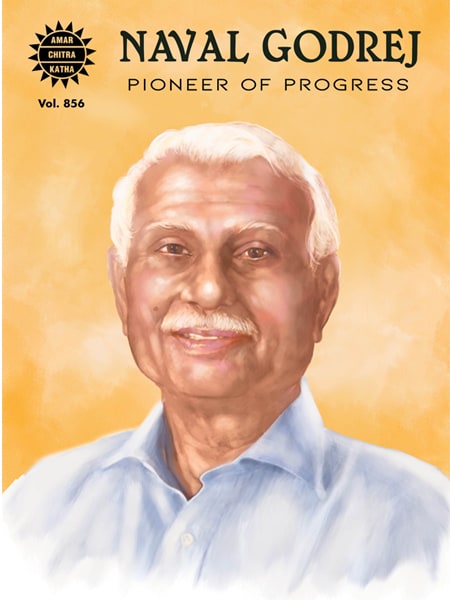
It is a luxury to be able to incubate and build a business: Jamshyd Godrej
The Chairman of the Board of Godrej & Boyce Manufacturing Company Limited speaks about the advantages of being in a family business, the company's investments into the aerospace sector and his father Naval Godrej's lasting values
 Jamshyd Godrej, Chairman of the Board of Godrej & Boyce Manufacturing Company Limited
Jamshyd Godrej, Chairman of the Board of Godrej & Boyce Manufacturing Company Limited
Amar Chitra Katha recently launched its latest book in the ‘Pioneers of Progress’ series on the founders of Godrej & Boyce, in which it commemorates Naval Godrej’s contribution to the Godrej & Boyce conglomerate. Jamshyd Godrej, son of Naval Godrej, and Chairman of the Board of Godrej & Boyce Manufacturing Company Limited, spoke to Forbes India about the lasting values that have guided the Godrej family in its business ventures, the challenges and advantages of being in a family business, and the attributes he would look for in the next generation of leaders.
Q. What have been the broad principles and values that the Godrej family has followed while building one of the oldest, biggest and most successful conglomerates in India?
In the early days there was a very strong theme of self-reliance and being innovative in whatever we did. That is a theme that continues. The other values were about people. My grandfather, one of the things he was very keen on when we moved from the old campus to the new one, was that we should be more inclusive for employees, whether it was schooling or housing or health, which continues today. Also, ethical businesses and business practices was another big theme for the family, and that certainly continues. That’s the ethos of our founders that continues.
Q. Do you think it is easier or more difficult to establish family businesses today than what it was during your grandfather’s time?
Almost every business starts out very small, as a startup. If it’s a startup with the connotations of today, then there are a large number of external shareholders. But traditional family businesses were about the family being in the business and running it. Both concepts are valid and continue today.









